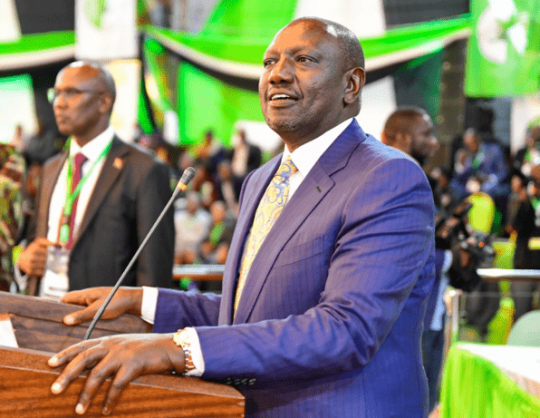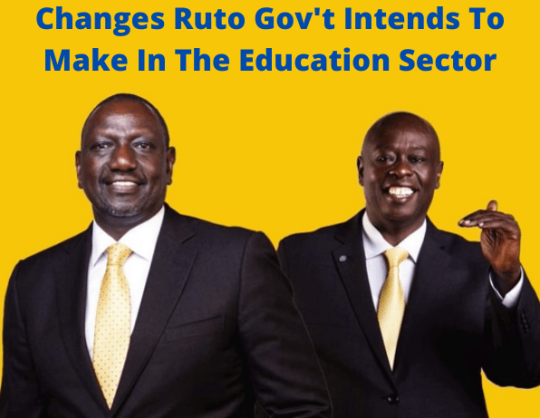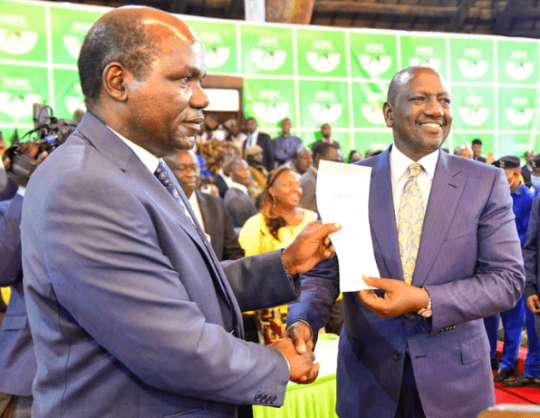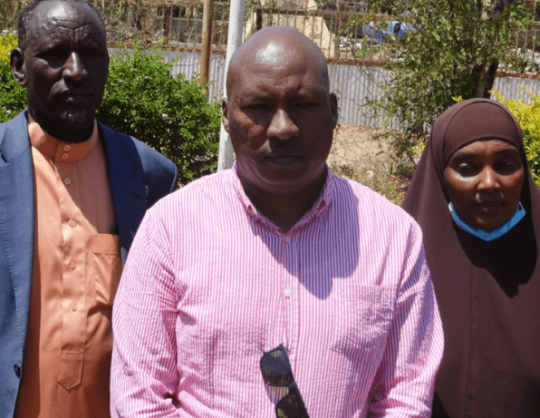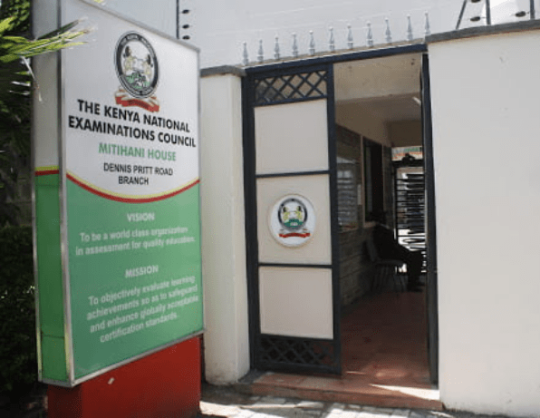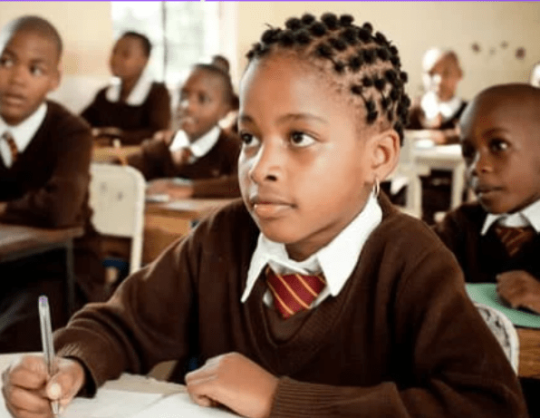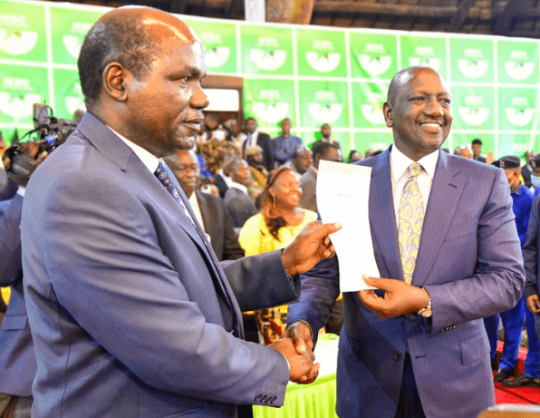
Ruto Education Manifesto. What Kenya Kwanza Promised
After he was declared the president-elect by IEBC chair Wafula Chebukati all now shifts to what William Ruto promised in his manifesto.
Will he deliver the radical reforms to revolutionize the education sector, or will it fail like many other promises he made in the former Jubilee manifesto?
Education that is equitable
William Ruto and Rigathi Gachagua’s focus will be on improving the capacity of day secondary schools to ensure that many people in the country have access to affordable and high-quality education.
The Kenya Kwanza coalition principals promised to introduce a special tariff for utilities for learning institutions in order to further reduce the cost of education.
“Education is the ultimate means of engendering an equitable society.“
Equitable education ensures that every child has a chance to fulfill their potential and rise to the highest level of accomplishment, irrespective of their social background.
"Conversely, an inequitable education system, which favors those from socially and economically advantaged backgrounds, is the surest way of maintaining or developing a class society,” said part of the manifesto.
“The Kenya Kwanza government commits to addressing the inequities in our education system so as to level the playing field for all children, irrespective of their background."
"We further commit to equitable universal basic education, defined as 12 years of schooling,” said Ruto.
Ruto and his team promised to double the amount of money allocated to the program, immediately increase the number of beneficiaries from two million to four million, and provide conditional grants to county governments to increase the number to eight million.
The president-elect is also interested in establishing a national fund to ensure that students across the country have equitable access to bursaries, with the Kenya Kwanza alliance intending to cast a wider net to include learners with disabilities.
Teacher Shortage and Delocolisation
Ruto had promised policy changes to address the current teacher shortage.
On June 23, 2022, at the Catholic University of East Africa (CUEA), Ruto promised to abolish the teacher delocalization policy and replace it with one that values teachers as a national resource.
Kenya Kwanza promised to provide incentives to teachers, such as facilitating in-service training for teachers and restructuring the de-localization policy to include special allowances for teachers working away from home.
Kenya Kwanza proposed an increase in funding for institutions of higher learning, which, according to Deputy President William Ruto, are burdened by a massive debt burden.
Ruto’s administration also intends to establish a National Skill and Funding Council to coordinate scholarship issuance.
ALSO READ:
Ruto said he will build fully equipped technical training and vocational education training institutions (TVET) in the remaining 52 constituencies within his first two years in office.
In addition, Ruto hopes to establish a one-year paid national internship program for all graduates in order to prepare them for the job market.
The Kenya Kwanza administration has stated that it will review the exam-based system of academic progression, which has "excluded millions of learners” based on basic education level exit exams and will implement alternative entry criteria.
Ruto has committed to increasing R&D funding from 0.8% to 2% of GDP.
Ruto Education Manifesto. What Kenya Kwanza Promised


